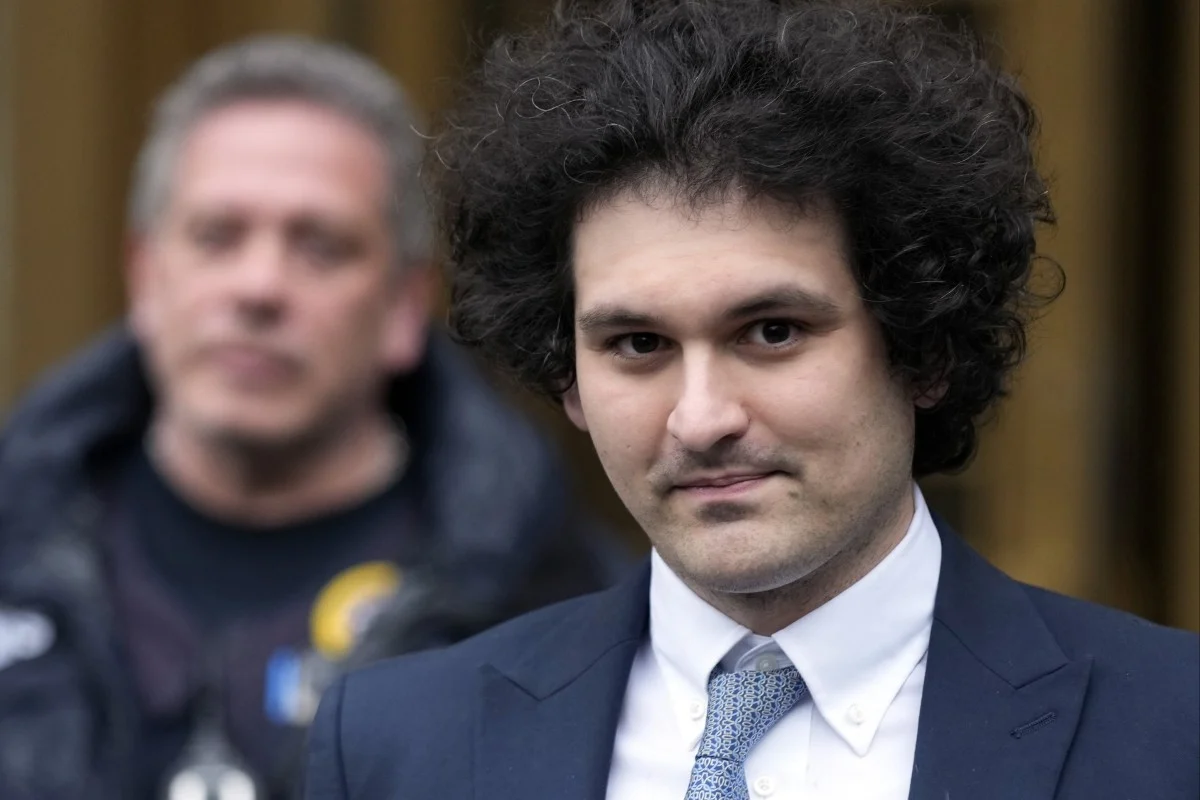Sam Bankman-Fried, the former CEO of FTX, found guilty of fraud and conspiracy, is at the center of a legal battle over his sentencing. His defense team is contesting the U.S. Department of Justice’s (DOJ) request for a prison term of 40 to 50 years, advocating instead for a more lenient sentence of approximately 6 years. This dispute arises ahead of Bankman-Fried’s sentencing scheduled for March 28.
Defense Counters DOJ’s Lengthy Sentence Proposal
The defense argues that the DOJ is misinterpreting legal precedents to justify a lengthy sentence. In response to the DOJ’s sentencing memo, which seeks a 40-50 year sentence, Bankman-Fried’s lawyers have criticized the government’s reliance on certain legal cases, suggesting an unfair portrayal of Bankman-Fried as a “super villain.”
Legal Dispute Over Loss Calculation
A key point of contention is the calculation of “loss” in the sentencing guidelines. The defense disputes the government’s interpretation, particularly in light of the Supreme Court case Kisor v. Wilkie, which discusses whether sentencing should consider intended loss or actual loss. Bankman-Fried’s team argues that actual loss, which they claim is zero due to FTX creditors potentially recouping their losses, should dictate a maximum sentence of 6.5 years.
Contrasting Views on Customer Losses
FTX’s collapse in 2022 led to significant losses, with a presentence investigation report suggesting a sentence of 100 years based on over $8 billion in losses at the time of bankruptcy. However, the defense maintains that customers, lenders, and investors suffered no actual loss, a stance criticized by current FTX CEO John J. Ray III as “categorically, callously, and demonstrably false.”
The Road to Sentencing
The debate extends to the impact on FTX’s former customers, now creditors, who may recover nearly all their assets’ value from the time of the bankruptcy. Nonetheless, victim impact statements highlight the missed financial gains due to the rise in crypto values over the past year. Judge Lewis Kaplan, overseeing the case, will consider various factors, including trial evidence, character references, and victim impact statements, in determining the appropriate sentence.
The defense’s challenge to the proposed sentence emphasizes the complexity of calculating losses in the context of bankruptcy and the fluctuating value of crypto assets. With Bankman-Fried’s sentencing imminent, the legal debate underscores the broader issues at play in determining accountability and punishment in the rapidly evolving crypto landscape.
